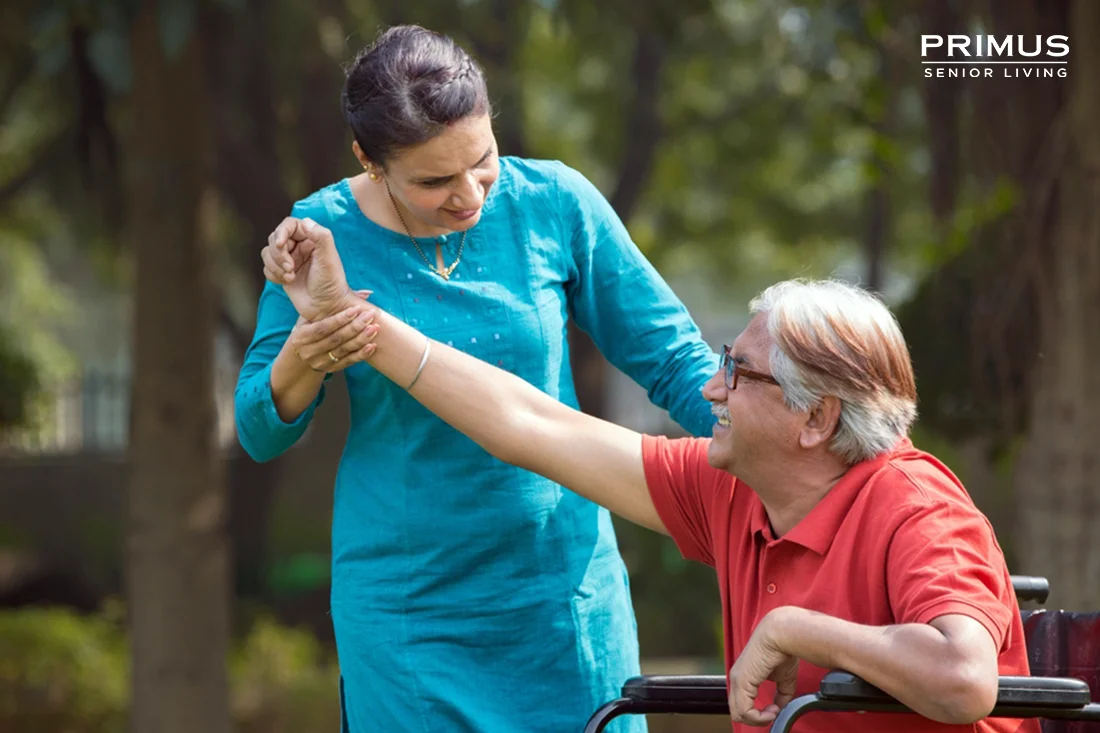An individual’s subjective experience about the generalized lack of satisfying human relationships has been conceptualized as loneliness. It is an unpleasant feeling of emptiness and desolation that can creep at any time. Older people can be particularly vulnerable to feelings of loneliness and isolation. Loneliness can stem from negative feelings or sadness brought on by a lack of communication, companionship, or relationships with other people.
One must first understand the difference between being alone and loneliness. Loneliness has nothing to do with how many people an individual sees. It is the quality of social contact that one has. Being socially isolated is bad for health and may lead to the development of serious illness and reduce lifespan. The elderly people have a lot of risks if they are lonely. Therefore they should be encouraged to spend time with other people, like family, friends or join groups, community organizations or do volunteer work.
Some of the main causes of loneliness in the elderly are
- Retirement: People might find that they miss the day-to-day contact with their colleagues and also the routine of getting ready and going out to work.
- Bereavement: The death of a closed one or one’s partner can trigger extreme emotional unrest due to loneliness and cause chronic illnesses. The process of bereavement becomes very frequent in old age as they often face the deaths of loved ones.
- Lack of friends and companions: Elderly people often lose contact with friends and companions. Most of them might have passed away, no longer live in the same area, have health issues, or have restricted mobility due to age.
- Poor physical health: Poor physical health makes it more difficult to socialize as going out becomes a risk factor.
- Location: Sometimes the elderly live away from friends and families in a residential care home where choices of location may be limited. In modern days families are more scattered due to jobs and education.
- Not being able to use transportation: People reach an age where he can no longer use transportation due to health issues. Not being able to leave the house as often as one might like reduces social contact opportunities which then leads to loneliness.
- Financial difficulties: Financial constraints may also restrict one’s mobility and wishes to go around and socialize.
There are a few ways in which loneliness can be detected among the elderly. One should look for verbal cues, where they may mention they are feeling lonely, changes in behavior where they may appear miserable, down, or defeated. They may talk a lot more than usual when they want company. When lonely they tend to complain about imaginary illnesses sometimes consciously or unconsciously to get extra attention. They also start befriending unlikely people.
The involvement of the elderly in community services, keeping them updated, and encouraging them to actively participate in community activities will ensure that they do not fall prey to loneliness. Health outcomes in older people may be improved by focusing on policies that promote social engagement and more importantly, by helping elders develop and maintain satisfying interpersonal relationships. There is a need to look into interventions that explore strategies of mitigating loneliness, such as diverse living arrangements and telephone support.
At Primus our singular goal is to ensure that we create a community of individuals who are looking for new and exciting experiences in their retirement years. With group activities and senior-focused amenities, we are able to offer seniors a dignified and exclusive retirement experience.
You may also like

11 Signs It Might Be Time For Assisted Living
Retirement days come with mixed feelings. There’s the part where seniors get to chill all day and enjoy the life they have saved up for, and at the same time, they have to pay extra attention to the food they eat and the chores they do because anything that impacts health needs an extra eye.
READ MORE
6 Myths About Senior Living Debunked With Real Truths!
What exactly does the word ‘senior living' mean to you? For most of the people out there all ‘senior living' means is an old age home. We are here to tell you that's not entirely true. A senior living space is so much more than just an old age home. It's a community for older people where they can live their life independently on their own terms. Unfortunately, it's not just the word the people are mistaken about, there are so many misconceptions about senior living that people still believe. We are here to clear away all those misconceptions and introduce to the reality of senior living. Let's see the truth behind those myths, shall we?
READ MORE

Leave a Comment